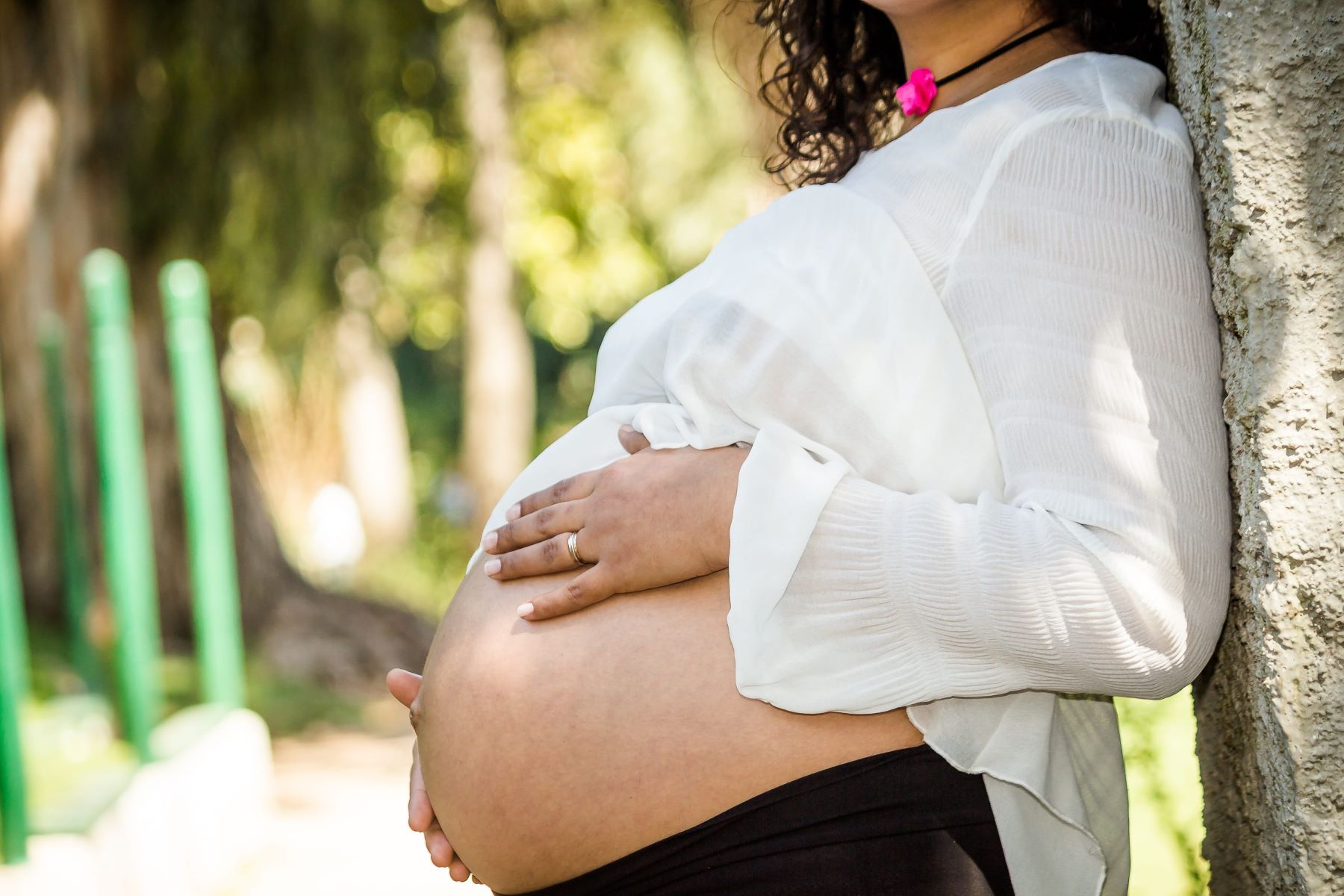Pregnancy does not mean being sick, but it is always good to take some basic hygiene measures and avoid the consumption of certain foods to avoid risks that, although rare, can have negative consequences for the fetus or the pregnant woman. This These tips can help you live a healthy life for both of you.
Hygiene during pregnancy
Remember these basic rules for hygienic food handling, which should always be practiced with more attention during pregnancy.
- Wash your hands with soap and warm water, at least before 20 seconds, before and after handling foodafter contact with soiled material (diapers, feces, animals) and especially after using the toilet.
- Used hands, surfaces and utensils should be washed thoroughly after handling meat, fish, poultry, unwashed fruits and vegetables and other raw foods.
- Keep cooked food in the refrigerator for as short a time as possible and store it in closed containers, separately and away from cheese and raw food. If you buy them already cooked, respect the date stated on the label.
- Make sure your refrigerator maintains the correct temperature (4°C or less).
- If you use a microwave oven, pay attention to the manufacturer’s instructions to ensure safe operation. uniform and sufficient temperature in food.
Precautions to take with some foods
- Wash raw fruits and vegetables. You can use water with bleach suitable for disinfecting drinking water (check the label), at a dosage of 4 drops per liter of water. Soak fruits and vegetables for at least 10 minutes and then rinse thoroughly with drinking water.
- Cook the meat completely until it reaches a temperature of 71°C (it should change color in the center of the product)
- Meals, but also leftovers, They should not be consumed cold during pregnancy. Make sure you heat them above 75°C.
- If you need a nutritional supplement based on vitamins and minerals, only take the medications prescribed by your doctor.
- Read food labels carefully, especially warnings and conditions of use.
- Moderate your caffeine consumption from any source (coffee, tea, cola drinks, “energy drinks”, yerba mate…).
Foods to avoid during pregnancy
- Large fish such as swordfish, shark, bluefin tuna or pike.
- Raw milk and fresh or soft cheeses (Brie, Camembert, Burgos-type or Latin cheeses, mozzarella and blue cheeses) if the label does not state that they are made with pasteurized milk. Industrial grated or sliced cheese. Remove the rind from all cheeses.
- Raw fruits and vegetables that have not previously been peeled or washed and disinfected (including bagged salads and salads consumed outside the home).
- Raw sprouts (soybeans, alfalfa, etc.)
- Raw eggs or preparations with raw eggs (homemade sauces and mayonnaise, mousses, home-made meringues and cakes, tiramisu, home-made ice cream, eggnog)
- Raw or undercooked meat (carpaccios).
- Packaged sliced meat products. These foods can be consumed after being cooked at more than 71°C (in croquettes, fried dishes, pizzas)
- If you have not been vaccinated against toxoplasmosis (consult your doctor), avoid consuming raw cured meat products (chorizo, salchichón, salami, cured ham…).
- Pates are sold chilled.
- Raw fish (type sushi, ceviche, carpaccio), chilled or marinated smoked fish, but also raw oysters, mussels or clams.
- Packaged sandwiches and other prepared foods containing vegetables, eggs, meat, cold cuts, fish and derivatives are not compatible with pregnancy.
- Consume only freshly squeezed juices or pasteurized, packaged juices.
- Do not drink alcoholic drinks.
Nutritional advice
It is essential to eat a varied and balanced diet during the period pregnancy. Some simple guidelines to achieve this are:
- Eat 4 to 5 meals a day: eat a complete breakfast, as this should be the meal that offers the highest calorie potential (consisting of dairy products, fruits and cereals), a not very abundant meal, a light snack, early dinner (you can eating a piece of fruit or a dairy product before going to bed) and avoiding snacks between meals.
- Consume with moderate fried foodsas well as products rich in fats and sugars.
- Increase consumption of fruits and vegetables to meet your body’s increased needs for vitamins and minerals at this stage.
- Eat fish (mainly oily fish) 3-4 times a week, as it contains fatty acids of the type omega-3 and other essential nutrients, necessary for the proper development of the fetus and a healthy life for you during pregnancy pregnancy.
- Drink at least 2.3 liters of water per day (8 to 10 glasses). Food also gives you water.
- Moderate consumption salty.
These are practical tips that you can carry healthy and safe eating during pregnancy so that you can enjoy this wonderful and special time of your life, without fear and without taking unnecessary risks.


